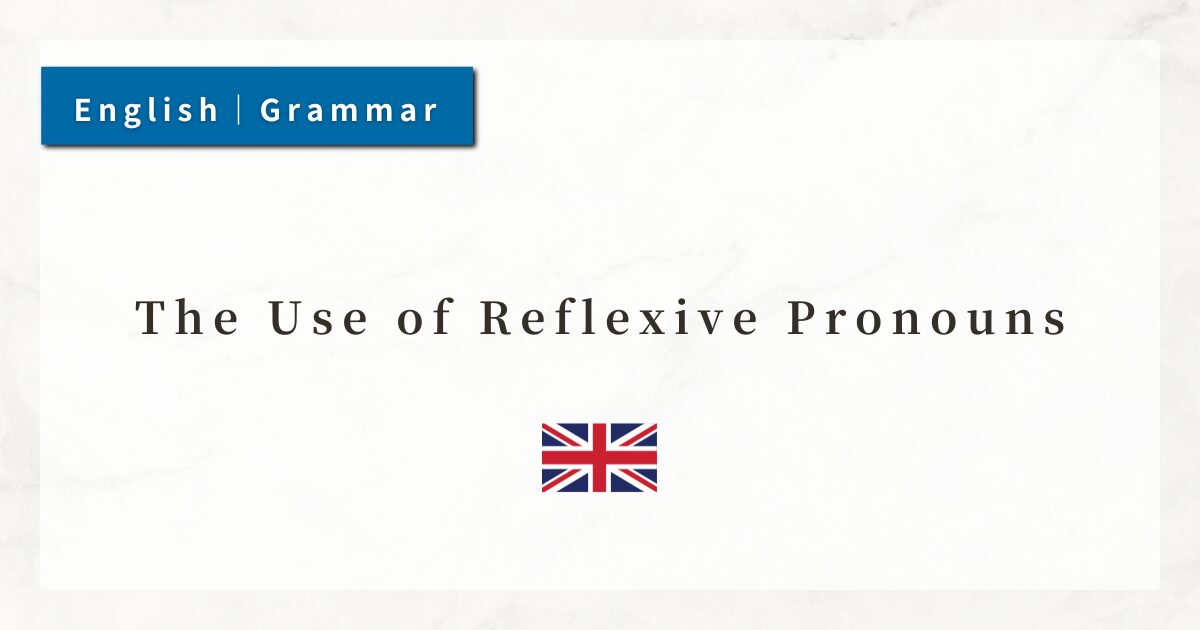#26 How to Use Question Words|Explanation of Who / What / Where and More

When asking questions in English, question words are indispensable. By using words such as who (who), what (what), and where (where), I can ask for specific information within a sentence.
Question words are useful for questions that seek detailed information such as “What?”, “Where?”, or “Who?”.
In this lesson, I will explain the basic types of question words in English and how to use them.
1. Basics of Question Words
In English, when I ask a question, placing a question word at the beginning of the sentence allows me to ask for specific information such as “What?”, “Who?”, “Where?”, or “Why?”.
Questions with question words require answers that contain specific details (a person, an object, a place, a time, etc.). Therefore, when using a question word, it is important to be aware of the type of information I want to know.
The main English question words are sometimes collectively called the “5W1H.”
| Question Word | Main Information Asked |
|---|---|
| who | person |
| what | object, content, occupation |
| where | place |
| when | time |
| why | reason |
| how | method, manner, condition, degree |
2. Word Order and Rules When Using Question Words
2-1. Questions with do / does / did
When using a general verb (e.g., play, like, go), the word order is:
“Question Word + Auxiliary Verb + Subject + Verb”
- What do you want?
- Where does he live?
- Why did they leave?
When the subject is third person singular (he, she, it), I use does (the verb remains in its base form). For past events, I use did.
2-2. Questions with the Verb be
When the verb is be (am, is, are, was, were), the order is:
“Question Word + Be Verb + Subject”
- Who is she?
- Where is your bag?
- When is the meeting?
Since the verb be also functions as an auxiliary verb, do/does are not used here.
2-3. When the Question Word Is the Subject
When the question word itself is the subject (e.g., “Who did it?”), the word order follows that of a statement: “Subject + Verb”
- Who called you?
- What happened?
In this case, no auxiliary verb is used because the question word functions as the subject.
3. Usage and Key Points of Each Question Word
3-1. who
Who is used to ask about a person.
- Who is that man?
→ Subject = that man - Who do you like?
→ who is the object, subject = you
3-2. what
What is used to ask about objects, content, or occupations.
- What do you want?
- What is your name?
- What does she do?
It can inquire about a wide range of information, such as what someone wants or what something is.
3-3. where
Where is used to ask about places.
- Where are you from?
- Where is the restroom?
- Where do you work?
Although it can sometimes be used with prepositions (at, in, on), in many cases the single word where is sufficient to ask about location.
3-4. when
When asks about time, dates, or timing.
- When is your birthday?
- When do you go to bed?
- When does the movie start?
The answer usually requires a preposition depending on the time expression (at 7 p.m., on Monday, in April).
3-5. why
Why asks for a reason. Answers are often given with because.
- Why are you late?
- Why do you study English?
- Why did she cry?
By answering with reasons, conversations can be expanded.
3-6. how
How is very versatile, asking about method, manner, state, or degree.
- How do you go to school?
- How are you?
- How old are you?
- How many books do you have?
By using “how + adjective/adverb,” I can ask about numbers, amounts, or degrees in detail.
4. Summary
- The choice of question word depends on what type of information I want to ask about.
- The basic structure is “Question Word + Auxiliary Verb + Subject + Verb.”
- When the question word itself is the subject, the order is the same as in a statement.
- How has many variations such as how old, how many, how much.
- Using question words enables me to ask questions that go beyond simple Yes/No answers, helping to expand conversations.






